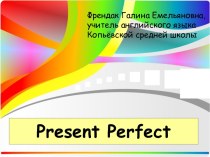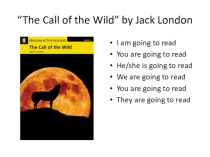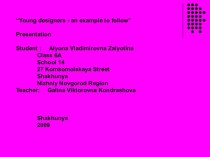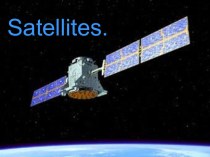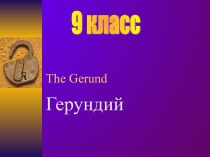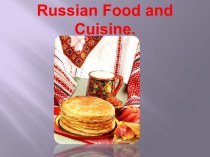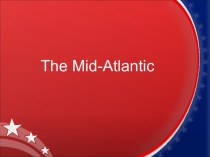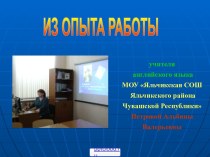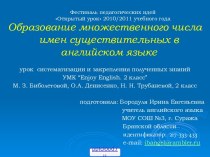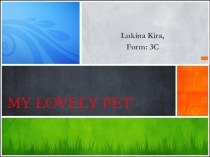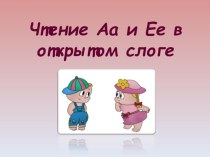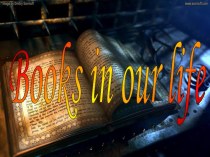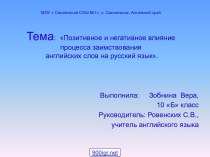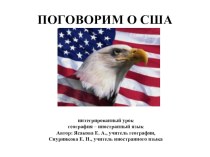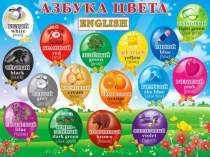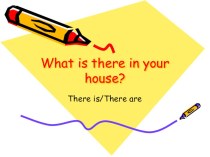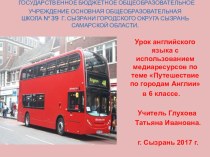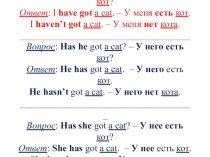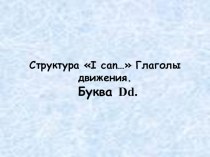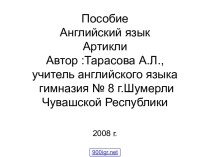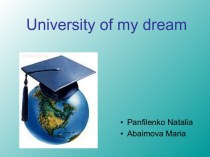- Главная
- Разное
- Бизнес и предпринимательство
- Образование
- Развлечения
- Государство
- Спорт
- Графика
- Культурология
- Еда и кулинария
- Лингвистика
- Религиоведение
- Черчение
- Физкультура
- ИЗО
- Психология
- Социология
- Английский язык
- Астрономия
- Алгебра
- Биология
- География
- Геометрия
- Детские презентации
- Информатика
- История
- Литература
- Маркетинг
- Математика
- Медицина
- Менеджмент
- Музыка
- МХК
- Немецкий язык
- ОБЖ
- Обществознание
- Окружающий мир
- Педагогика
- Русский язык
- Технология
- Физика
- Философия
- Химия
- Шаблоны, картинки для презентаций
- Экология
- Экономика
- Юриспруденция
Что такое findslide.org?
FindSlide.org - это сайт презентаций, докладов, шаблонов в формате PowerPoint.
Обратная связь
Email: Нажмите что бы посмотреть
Презентация на тему Scotland. Edinburgh
Содержание
- 2. Plan General information Geographical positionClimate, nature, natural resources demography and history Edinburgh
- 3. Facts about ScotlandMotto:
- 4. SCOTTISHNESS A national drinkA young man arrives
- 5. Scotland occupies the northern third of the
- 6. Area: Population: Terrain:Rivers, lakes: Mountains:
- 7. irregular coastline
- 8. Climateinfluenced by the surrounding seas. temperate winters and cool summers
- 9. Plant and Animal Life
- 10. Natural ResourcesCoal, zinc. offshore oil deposits in the North Sea
- 11. PopulationScots divide themselves into Highlanders,
- 12. Scotland’s governmentA new Scottish Parliament was elected
- 13. Administrative divisionLocal government
- 14. HISTORY OF SCOTLAND
- 15. GLASGOW
- 16. Aberdeen
- 17. Edinburgh
- 18. EDINBURGHEdinburgh lies along the Firth of Forth,
- 19. HISTORY OF EDINBURGHEdinburgh started as a fort
- 20. Do you know that …?There are over
- 21. The Edinburgh Festival Fringe (The Fringe)The Edinburgh
- 23. AREAS OF EDINBURGHPrinces Street Gardens Edinburgh Castle
- 24. Old TownUniversity of EdinburghSurgeons' Hall South Bridge
- 25. Princes Street Gardens Edinburgh Castle The Old
- 26. MUSEUMS AND LIBRARIESthe National Library of Scotland
- 27. MUSIC, THEATRE AND FILM2repertory cinemas and the
- 28. The Royal Lyceum Theatre The Edinburgh Festival Theatre Traverse TheatreThe Usher Hall The HubMurrayfield Stadium
- 29. VISUAL ARTSNational GalleriesNational Gallery of ScotlandRoyal Scottish
- 30. UNIVERSITIES AND COLLEGESThe University of Edinburgh The
- 31. ARTHUR'S SEAT Like the castle rock on
- 32. Скачать презентацию
- 33. Похожие презентации
Plan General information Geographical positionClimate, nature, natural resources demography and history Edinburgh

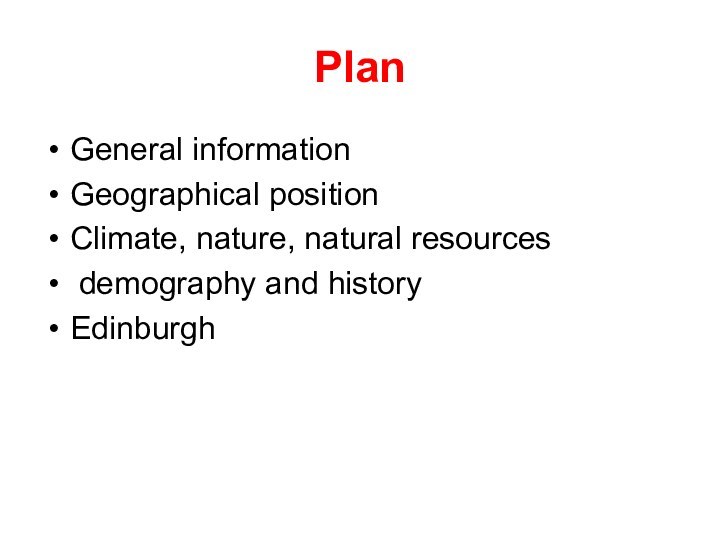
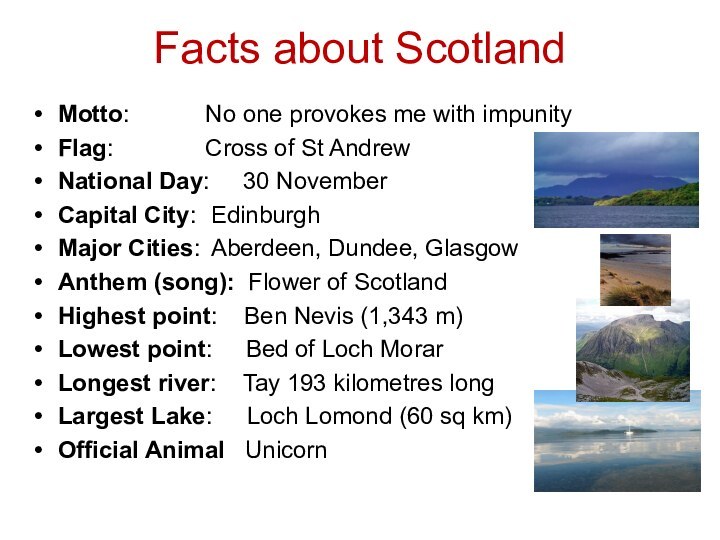
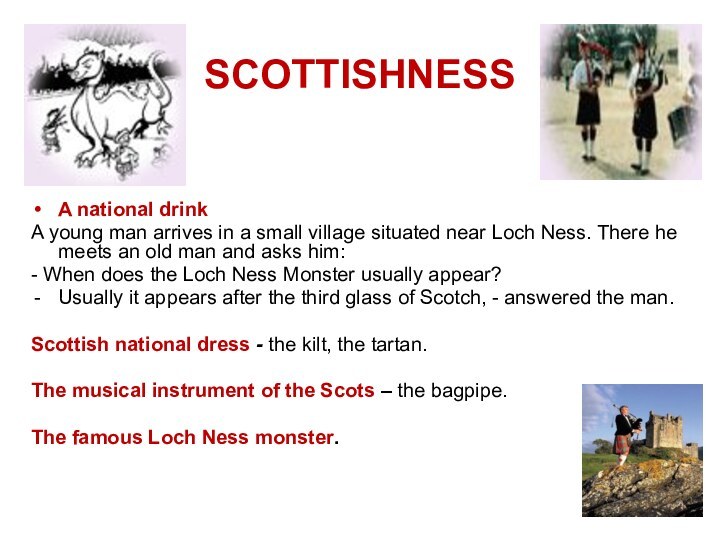
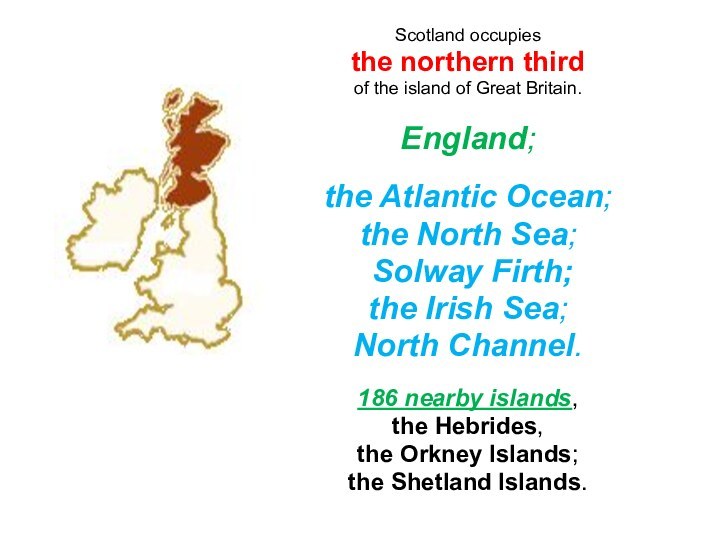
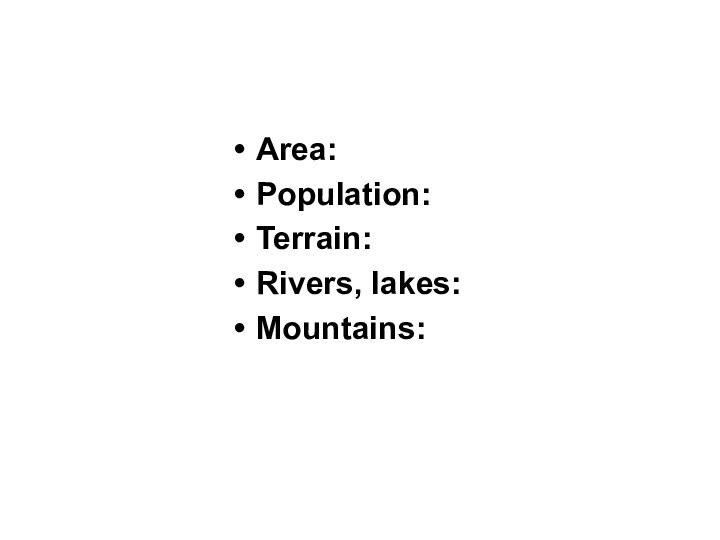
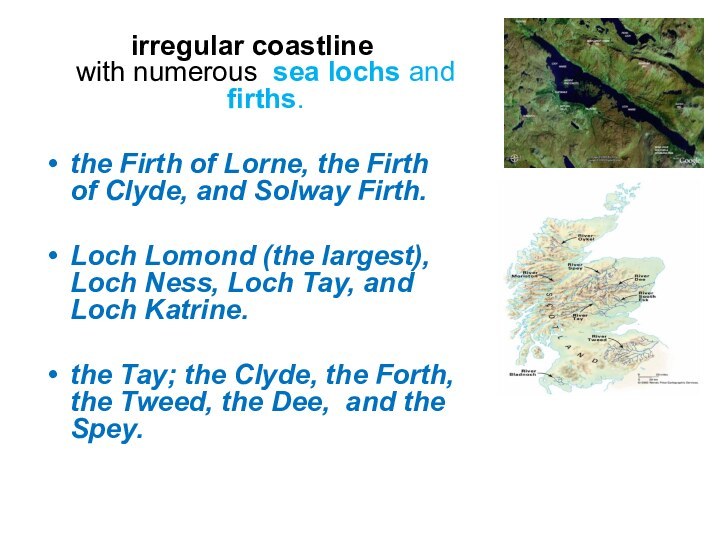
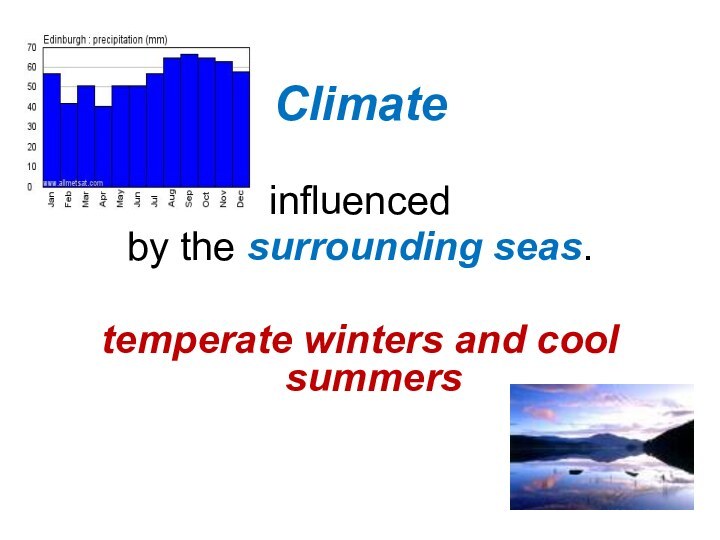
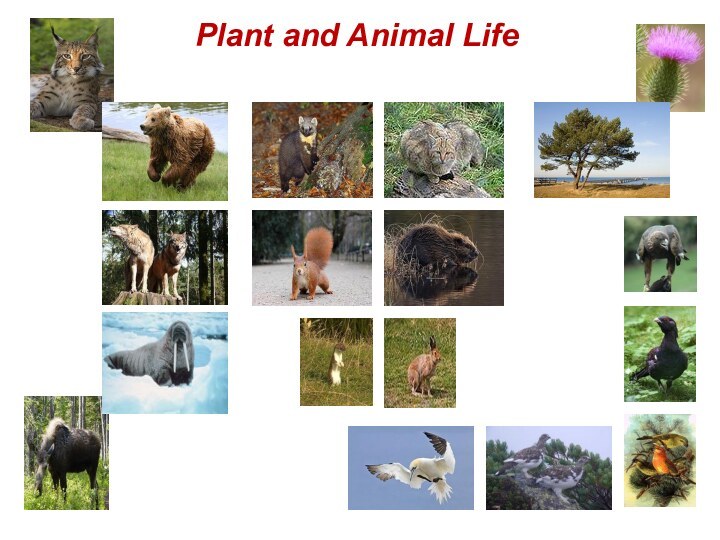
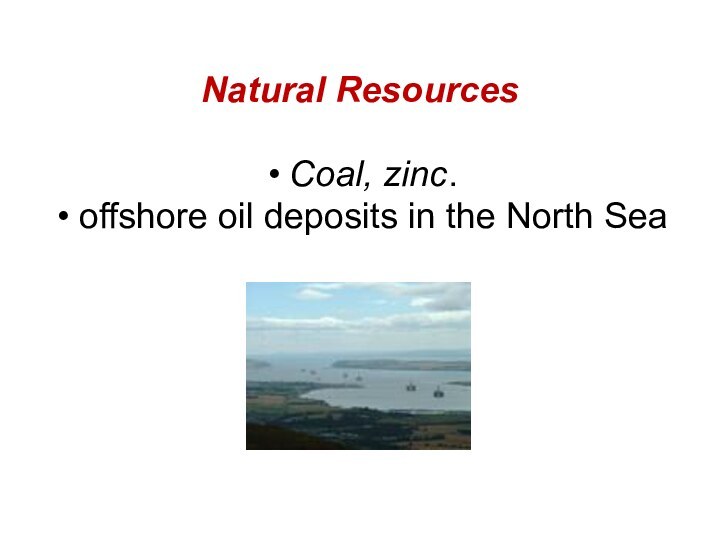
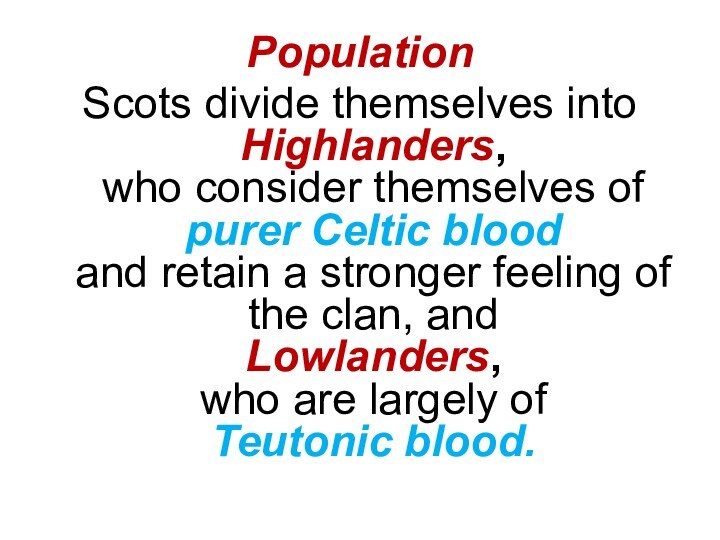
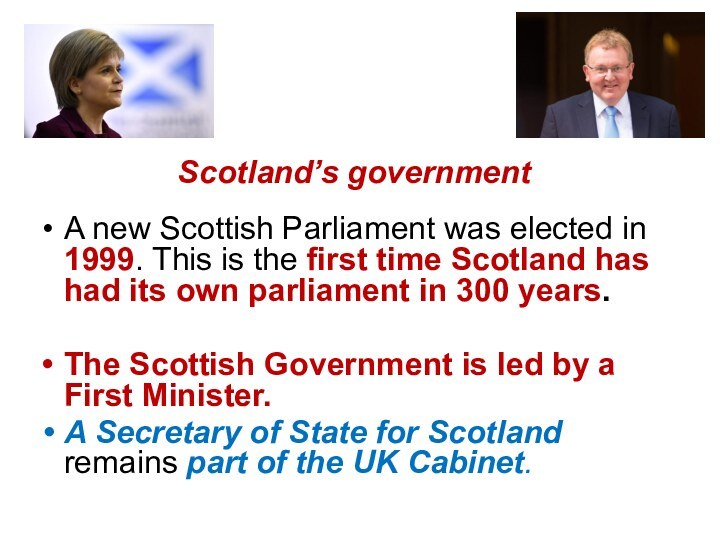
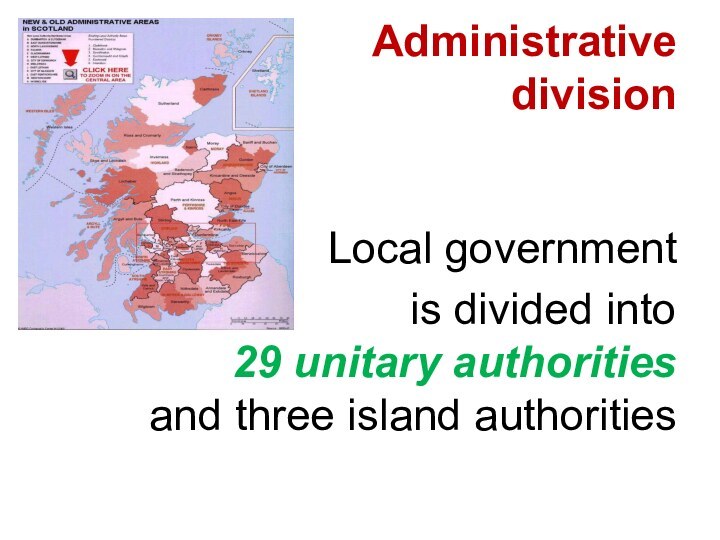
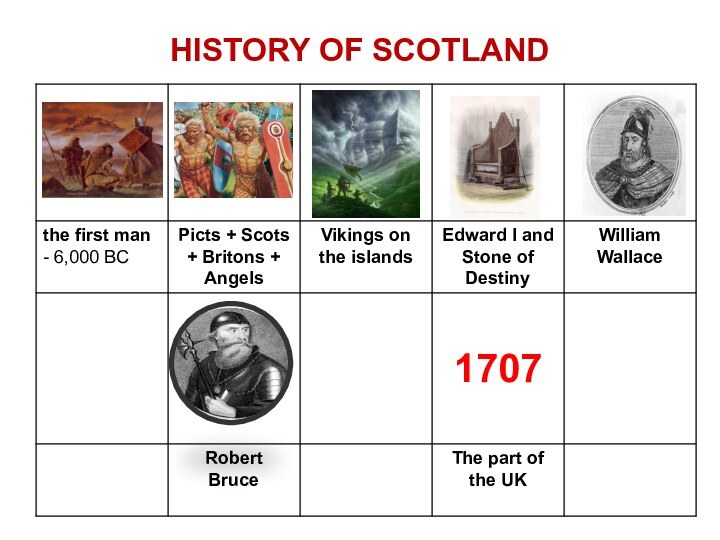
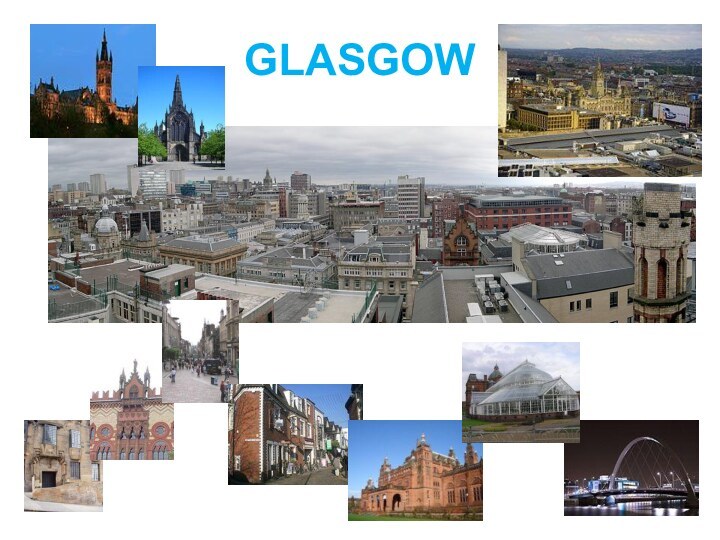
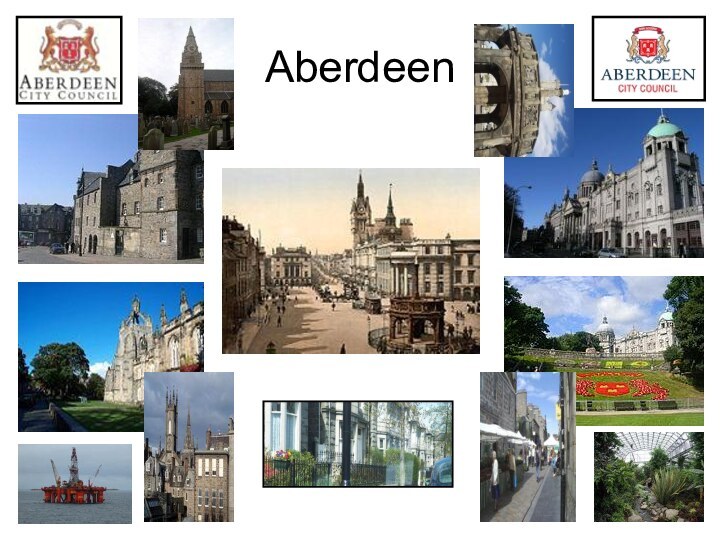
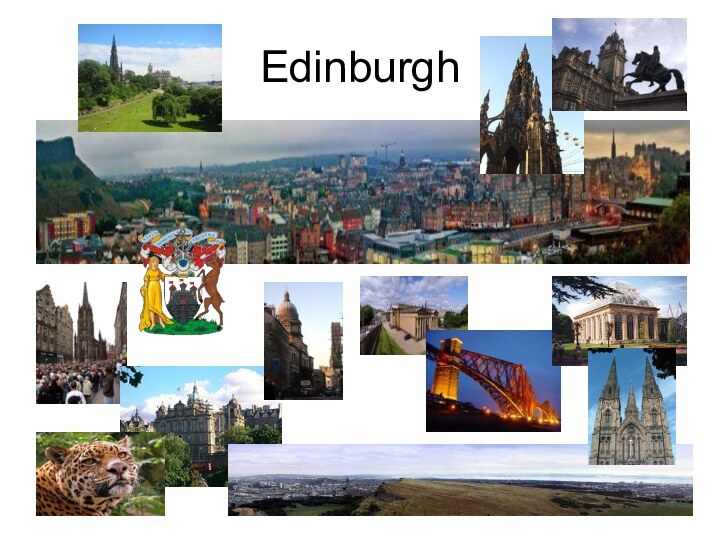

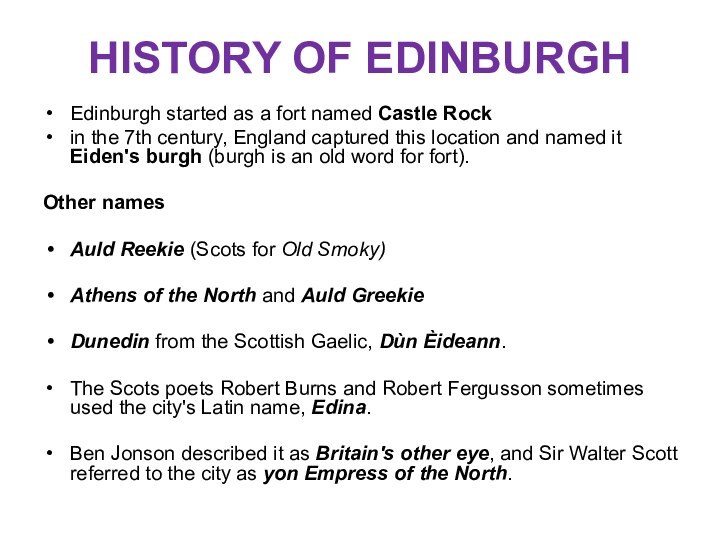

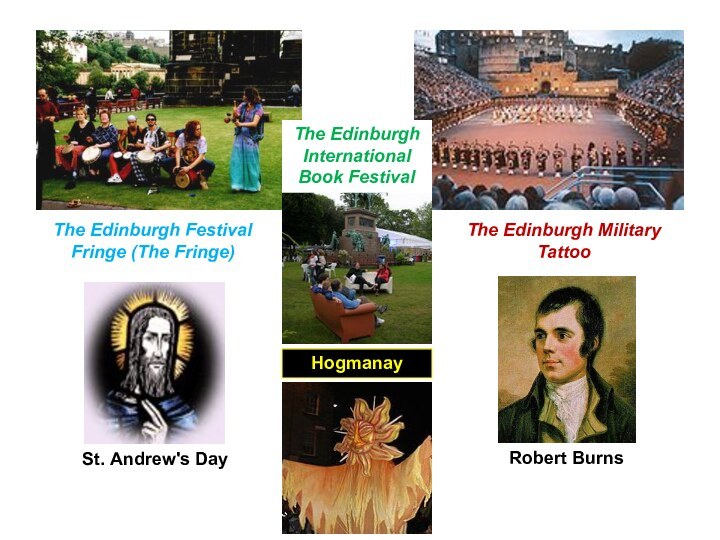
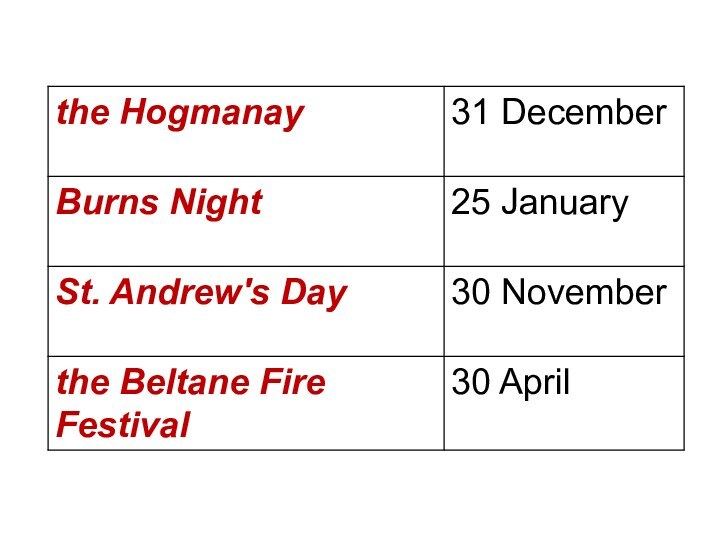
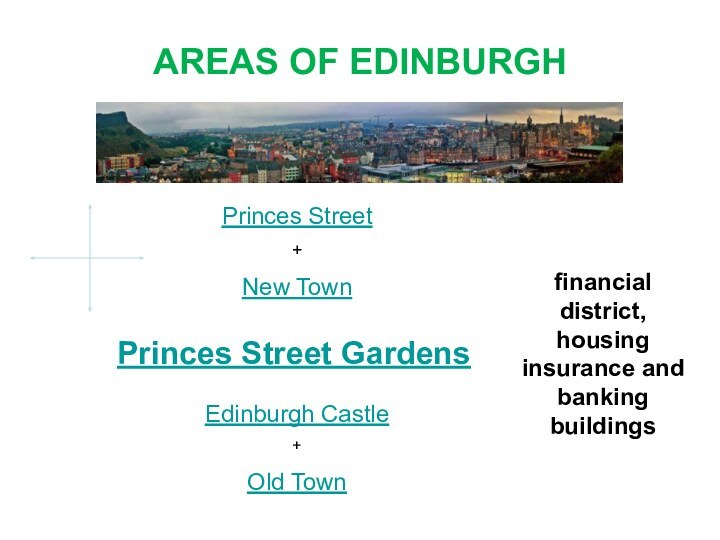
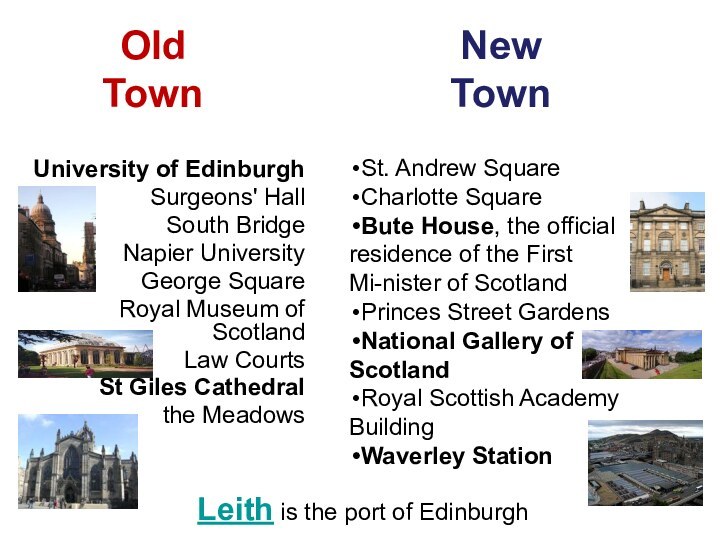
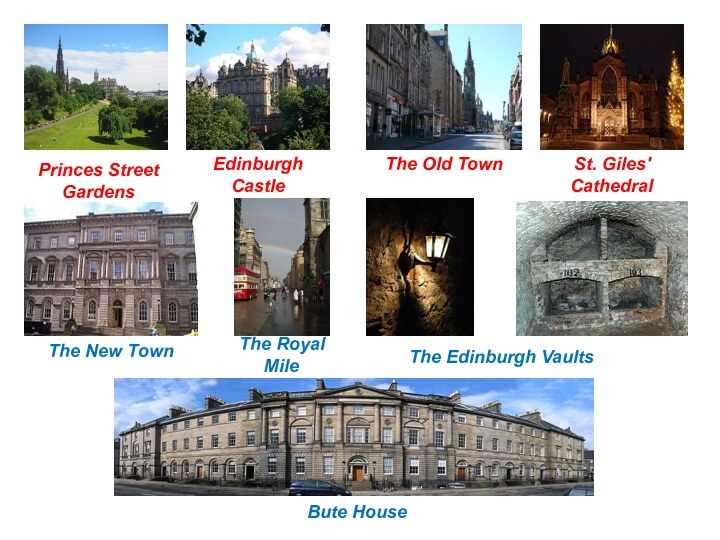


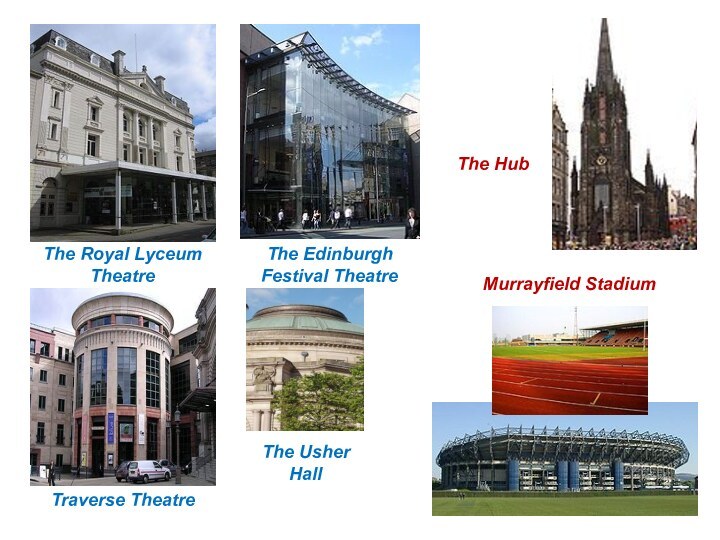
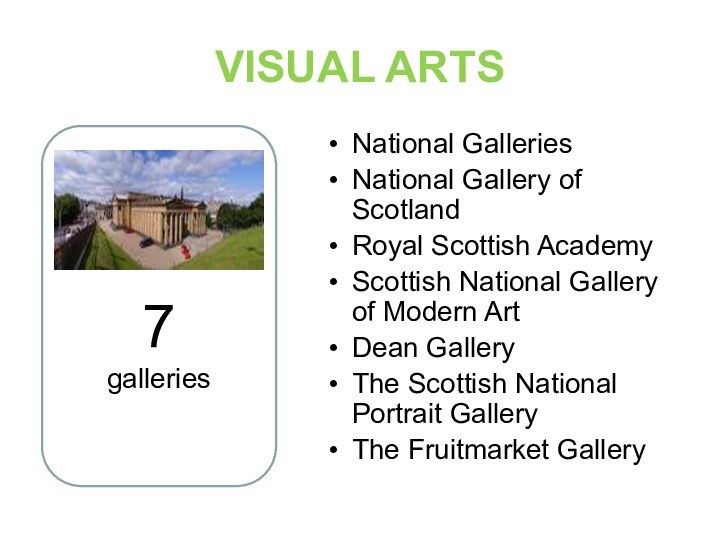

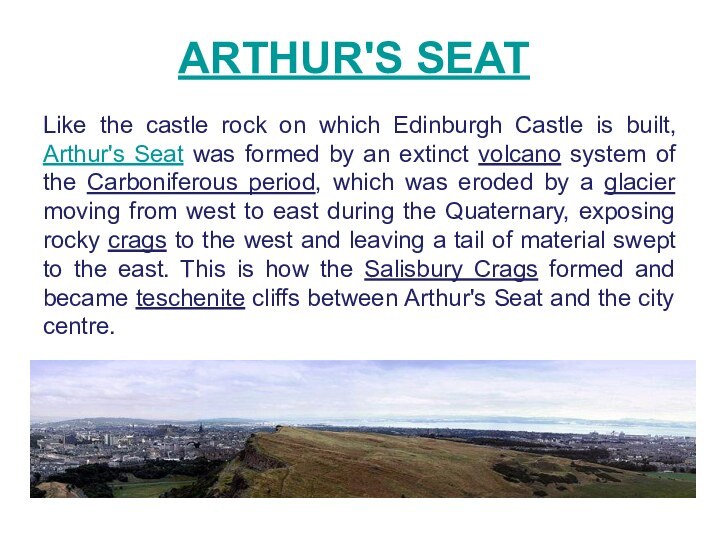
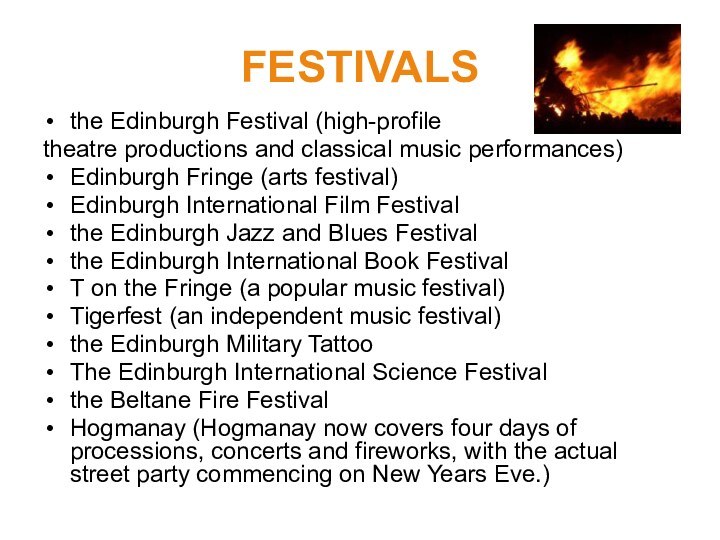
Слайд 3
Facts about Scotland
Motto: No
one provokes me with impunity
Flag:
Cross of St Andrew National Day: 30 November
Capital City: Edinburgh
Major Cities: Aberdeen, Dundee, Glasgow
Anthem (song): Flower of Scotland
Highest point: Ben Nevis (1,343 m)
Lowest point: Bed of Loch Morar
Longest river: Tay 193 kilometres long
Largest Lake: Loch Lomond (60 sq km)
Official Animal Unicorn
Слайд 4
SCOTTISHNESS
A national drink
A young man arrives in
a small village situated near Loch Ness. There he
meets an old man and asks him:- When does the Loch Ness Monster usually appear?
Usually it appears after the third glass of Scotch, - answered the man.
Scottish national dress - the kilt, the tartan.
The musical instrument of the Scots – the bagpipe.
The famous Loch Ness monster.
Слайд 5
Scotland occupies
the northern third
of the island
of Great Britain.
England;
the Atlantic Ocean;
the North Sea;
Solway Firth;
the Irish Sea;
North Channel.
186 nearby islands,
the Hebrides,
the Orkney Islands;
the Shetland Islands.
Слайд 7 irregular coastline
with numerous sea lochs and firths.
the Firth of Lorne, the Firth of Clyde, and Solway Firth.
Loch Lomond (the largest), Loch Ness, Loch Tay, and Loch Katrine.
the Tay; the Clyde, the Forth, the Tweed, the Dee, and the Spey.
Слайд 11
Population
Scots divide themselves into Highlanders,
who consider themselves of purer Celtic blood and retain a stronger feeling of the clan, and Lowlanders, who are largely of Teutonic blood.
Слайд 12
Scotland’s government
A new Scottish Parliament was elected in
1999. This is the first time Scotland has had
its own parliament in 300 years.The Scottish Government is led by a First Minister.
A Secretary of State for Scotland remains part of the UK Cabinet.
.
Слайд 13
Administrative
division
Local government
is divided into
29 unitary authorities and three island authorities
Слайд 18
EDINBURGH
Edinburgh lies
along the Firth of Forth,
near
the North Sea.
the capital of Scotland since 1437.
one of the major centers of the Enlightenment, led by the University of Edinburgh, earning it the nickname Athens of the North.
Слайд 19
HISTORY OF EDINBURGH
Edinburgh started as a fort named
Castle Rock
in the 7th century, England captured this
location and named it Eiden's burgh (burgh is an old word for fort). Other names
Auld Reekie (Scots for Old Smoky)
Athens of the North and Auld Greekie
Dunedin from the Scottish Gaelic, Dùn Èideann.
The Scots poets Robert Burns and Robert Fergusson sometimes used the city's Latin name, Edina.
Ben Jonson described it as Britain's other eye, and Sir Walter Scott referred to the city as yon Empress of the North.
Слайд 20
Do you know that …?
There are over 4,500
historical buildings within the city.
Edinburgh had a total
resident population of 448,625.Edinburgh is well-known for the annual Edinburgh Festival.
Слайд 21
The Edinburgh Festival Fringe (The Fringe)
The Edinburgh Military
Tattoo
The Edinburgh International Book Festival
Hogmanay
Robert Burns
St. Andrew's Day
Слайд 23
AREAS OF EDINBURGH
Princes Street Gardens
Edinburgh Castle
+
Old Town
Princes Street
+
New Town
financial district,
housing insurance and banking buildings
Слайд 24
Old Town
University of Edinburgh
Surgeons' Hall
South Bridge
Napier
University
George Square
Royal Museum of Scotland
Law Courts
St Giles
Cathedral the Meadows
New Town
St. Andrew Square
Charlotte Square
Bute House, the official residence of the First Mi-nister of Scotland
Princes Street Gardens
National Gallery of Scotland
Royal Scottish Academy Building
Waverley Station
Leith is the port of Edinburgh
Слайд 25
Princes Street Gardens
Edinburgh Castle
The Old Town
St.
Giles' Cathedral
The New Town
The Royal Mile
The Edinburgh
Vaults Bute House
Слайд 26
MUSEUMS AND LIBRARIES
the National Library of Scotland
National
War Museum of Scotland
the Royal Society of Edinburgh
the
Museum of EdinburghMuseum of Childhood
Museum of Scotland
the Royal Museum
LITERATURE AND PHILOSOPHY
Adam Smith
James Boswell
Robert Burns
Robert Louis Stevenson
Sir Arthur Conan Doyle
Sir Walter Scott
J K Rowling
Слайд 27
MUSIC, THEATRE AND FILM
2
repertory cinemas and the usual
range of multiplexes
a healthy popular music scene with large
gigs stages in 4
main music halls
12
theatres
+
The Scottish Chamber Orchestra
Слайд 28
The Royal Lyceum Theatre
The Edinburgh Festival Theatre
Traverse Theatre
The Usher Hall
The Hub
Murrayfield Stadium
Слайд 29
VISUAL ARTS
National Galleries
National Gallery of Scotland
Royal Scottish Academy
Scottish
National Gallery of Modern Art
Dean Gallery
The Scottish National Portrait
Gallery The Fruitmarket Gallery
7
galleries
Слайд 30
UNIVERSITIES AND COLLEGES
The University of Edinburgh
The Old
College
the King's Buildings campus
The Royal College of
Surgeons of Edinburgh Royal College of Physicians of Edinburgh
Edinburgh College of Art
Heriot-Watt University
Napier Technical College
Napier University (Centre for Timber Engineering, the International Teledemocracy Centre and a large business school).
the Screen Academy
Queen Margaret University
Telford College
Stevenson College
The Scottish Agricultural College
3 universities
8 colleges
An academy
